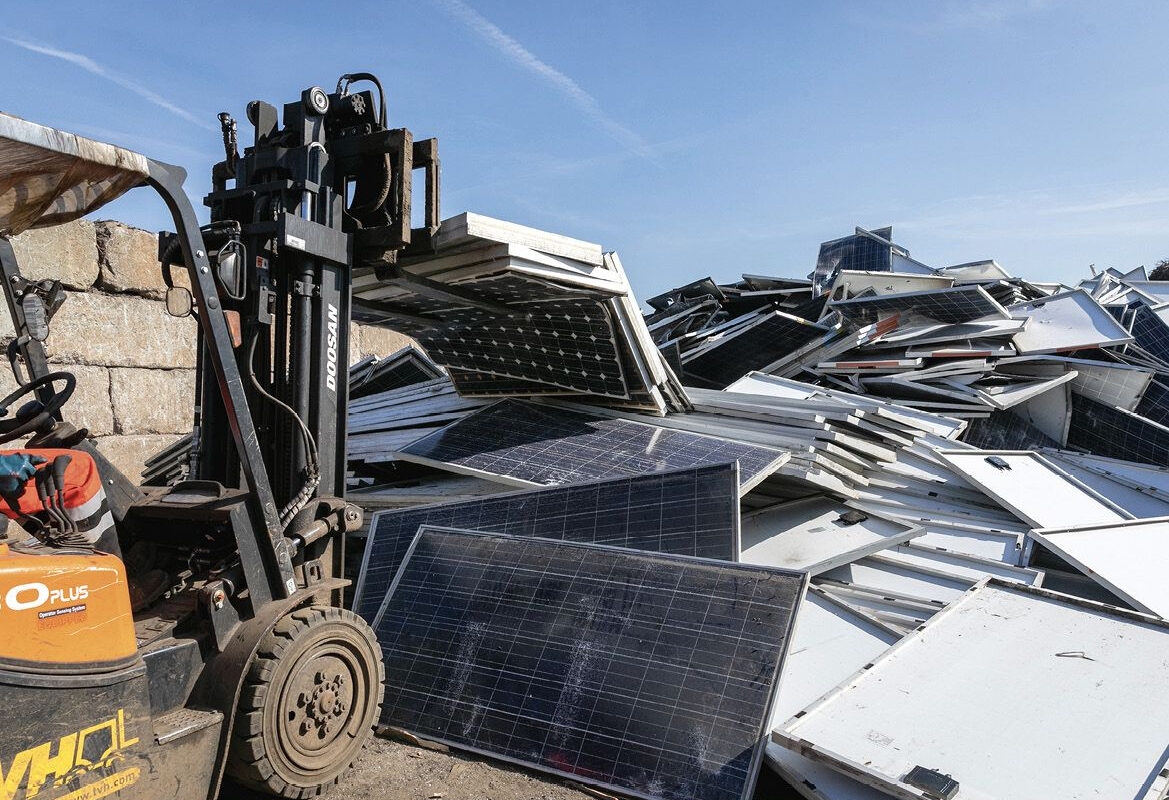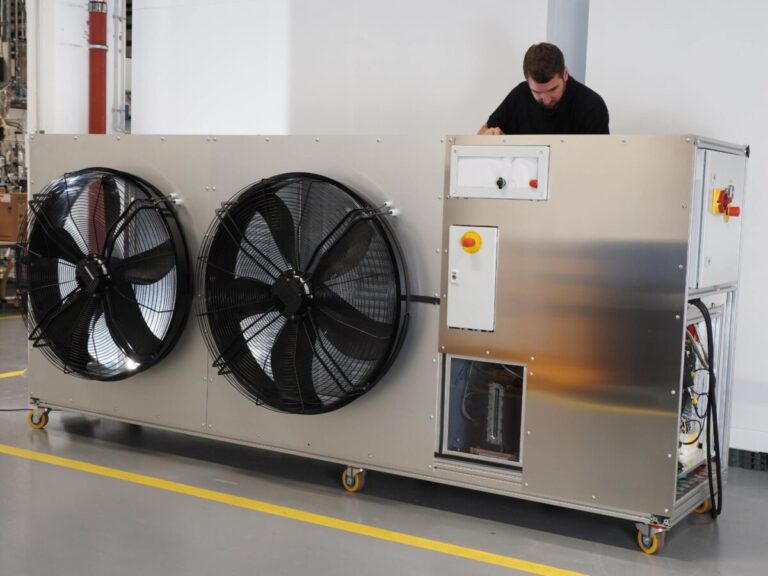The German Fraunhofer Institute for Solar Energy Systems (Fraunhofer ISE) is developing “easy-to-use and reproducible” propane heat pumps to replace fossil fuel systems in multi-family homes, while simultaneously exploring modernization options for different types of residential buildings.
The German Fraunhofer ISE leads a consortium of twenty companies from the heating and housing construction sector to optimize propane (R290) heat pump systems for existing multi-family homes.
The LC R290 project plans to implement several heat pump pilot projects in residential buildings currently using gas or oil heating, proposing three conceptual approaches.
Fraunhofer ISE noted that the heating load of the buildings studied ranges from 23 kW to 93 kW, requiring a range of heat pumps, including high-efficiency models.
“A particular challenge lies in dealing with the systems for individual apartments in which each has its own gas heating system,” the institute said. “Solutions are especially needed here for small apartments in the low rental segment. These new system solutions must require as few adjustments and space as possible.”
Image: Fraunhofer ISE
One of the three concepts being developed includes a heat pump system with a seasonal coefficient of performance (SCOP) of 3.8, a heating capacity of 6 kW and a sump temperature of 55 C.
The second demonstrator is a centrally installed heating system where the heat pump is located in the basement of the building. It can use heat sources such as geothermal energy, solar thermal energy, district heating, air collectors or a low-temperature heat network. In the first test phase it achieved a SCOP of 3.65, a heating power of 29.5 kW and a sink temperature of 55 C.
“Optimization calculations suggest that the fill quantity can be reduced to 800 g of propane and the SCOP can be increased to 3.7 by implementing optimized control strategies, for example superheat optimization,” said Fraunhofer ISE.
The third pilot project consists of another, unspecified type of centrally installed external heat pump for apartment buildings.
“Field measurements from ISE are currently being carried out on the leakage behavior of propane at the Fraunhofer outdoor performance test. These results will provide information on how to further increase the safety of propane heat pumps,” said researcher Katharina Morawietz. “Our goal is to minimize the amount of propane refrigerant in these types of heat pumps.”
The German Federal Ministry of Economic Affairs and Climate Protection is financing the two-year research project.
This content is copyrighted and may not be reused. If you would like to collaborate with us and reuse some of our content, please contact: editors@pv-magazine.com.
Popular content



